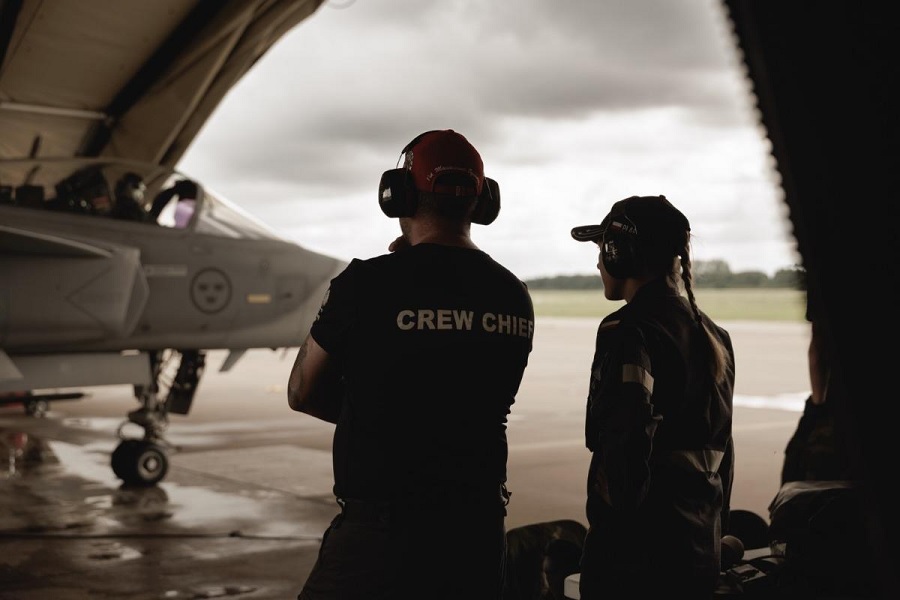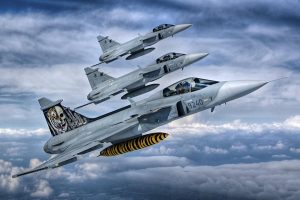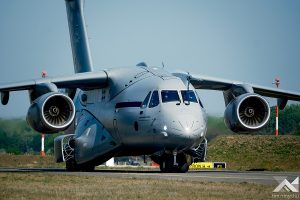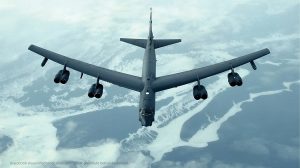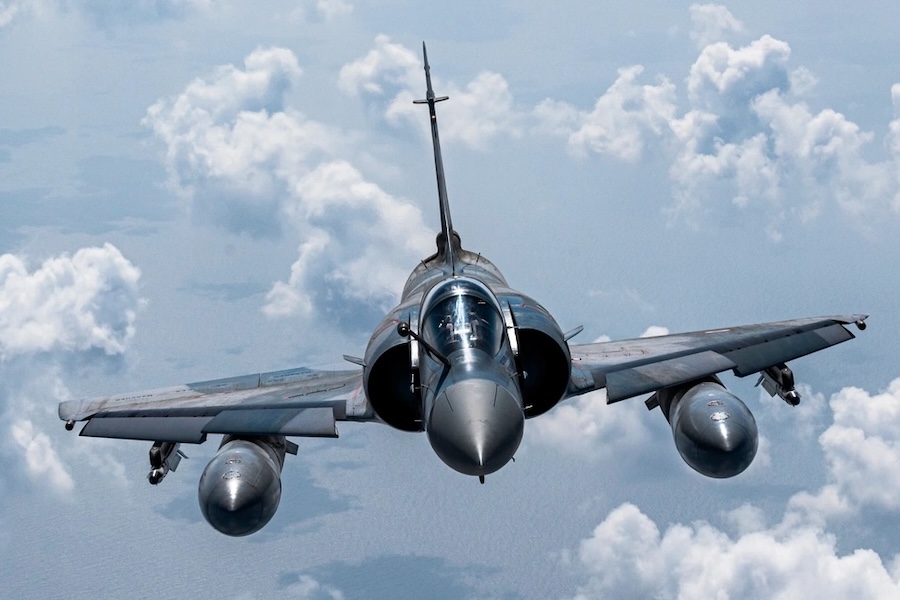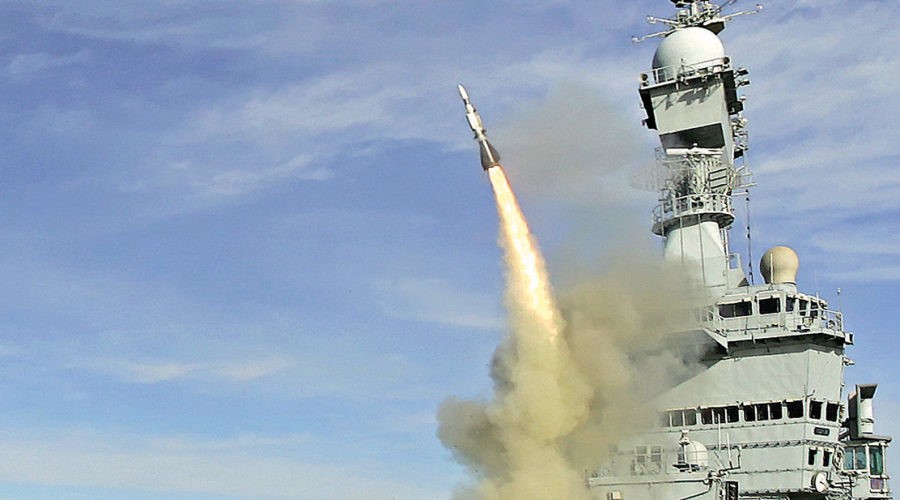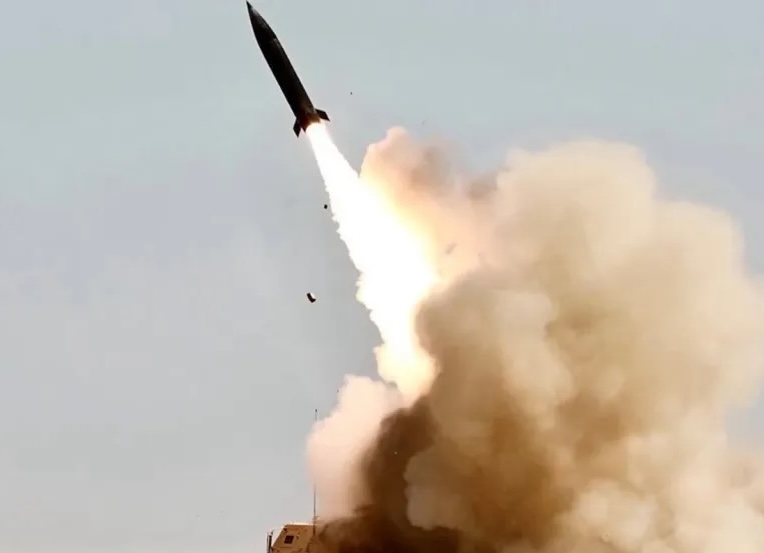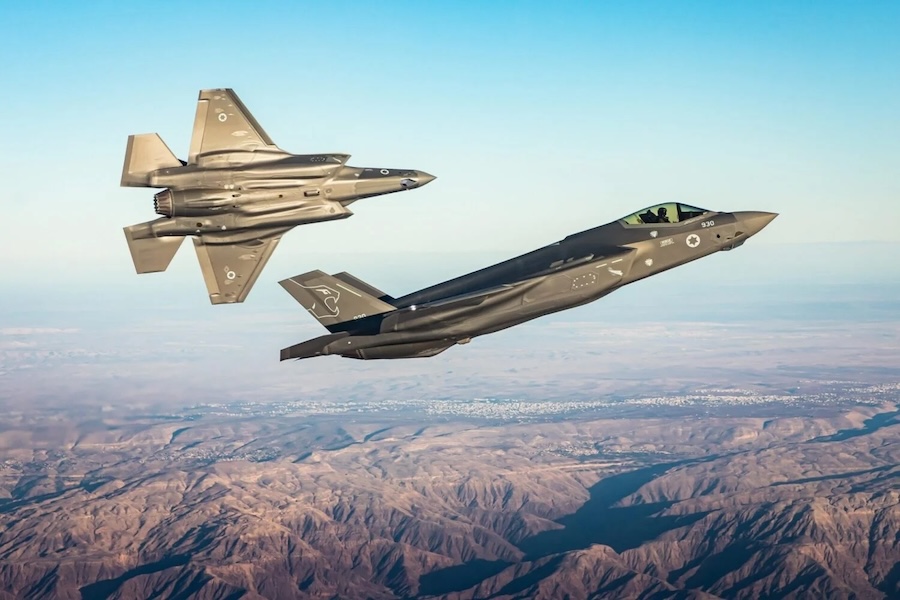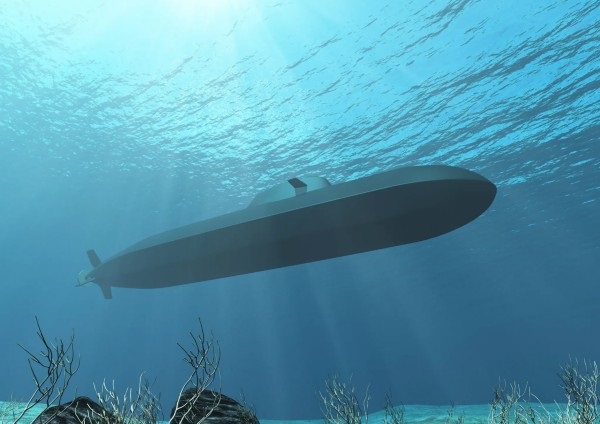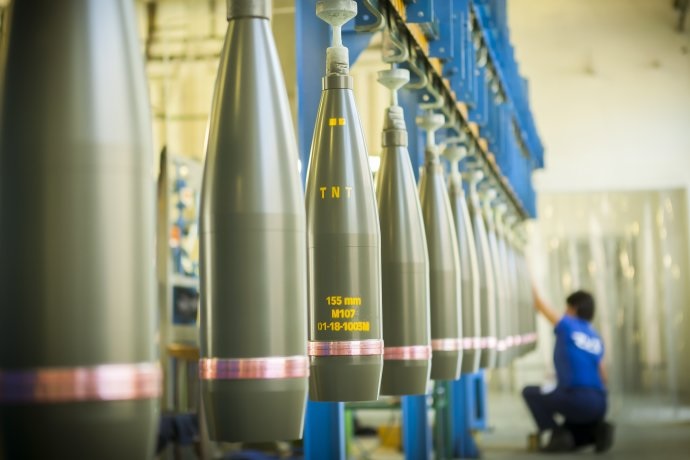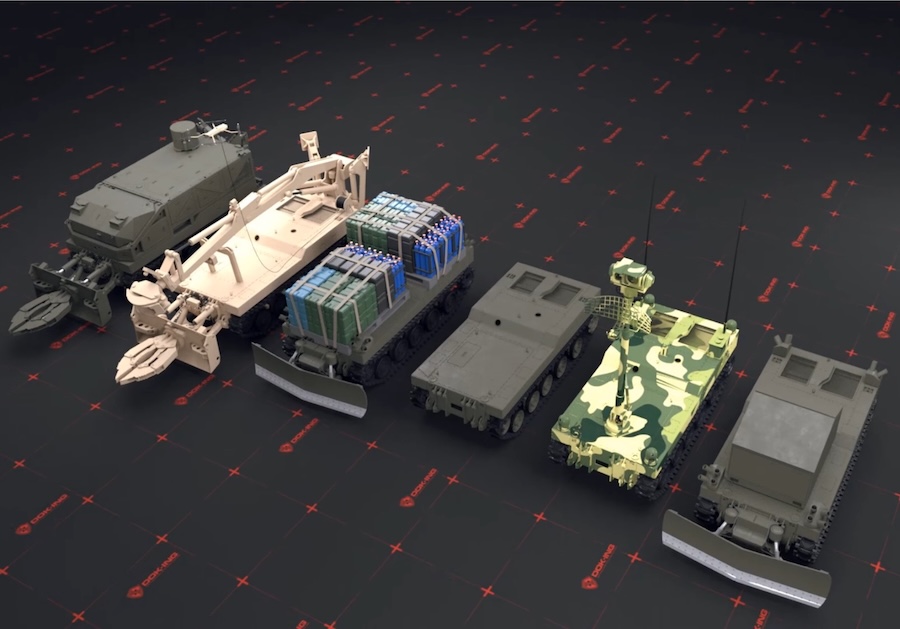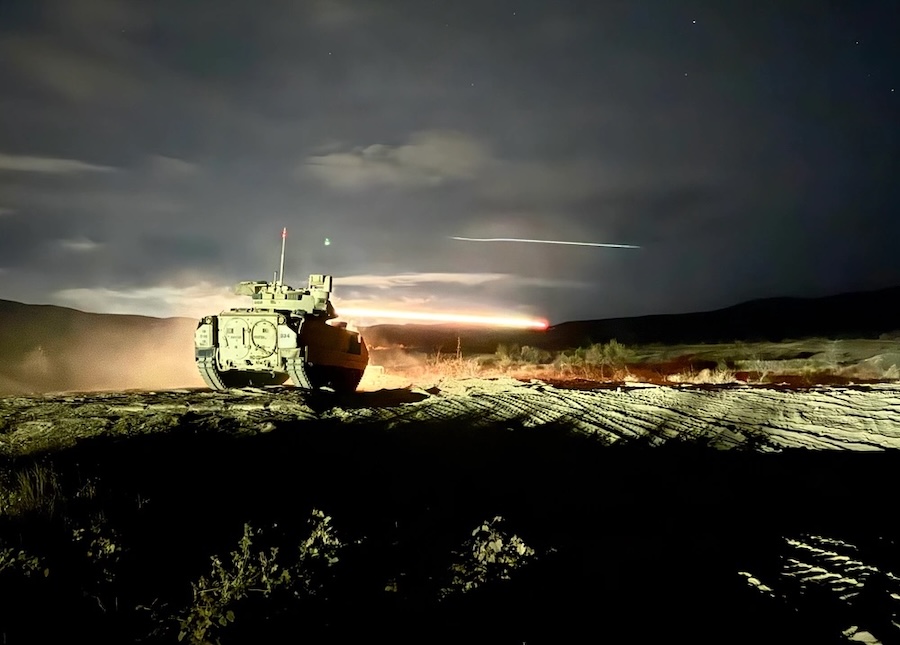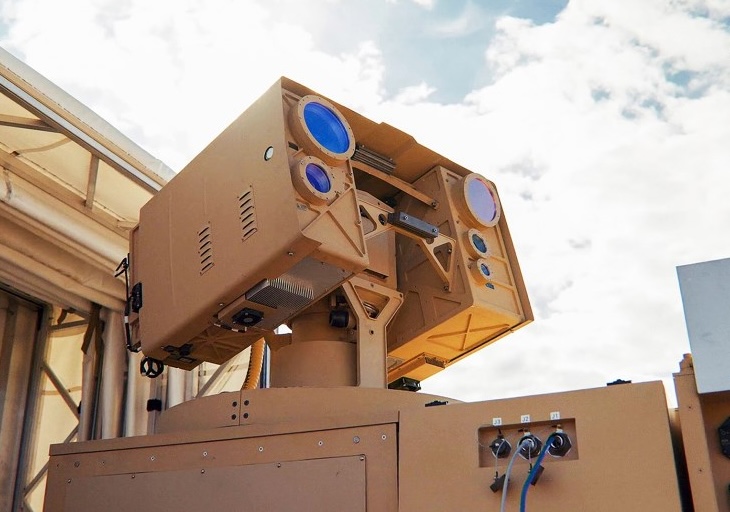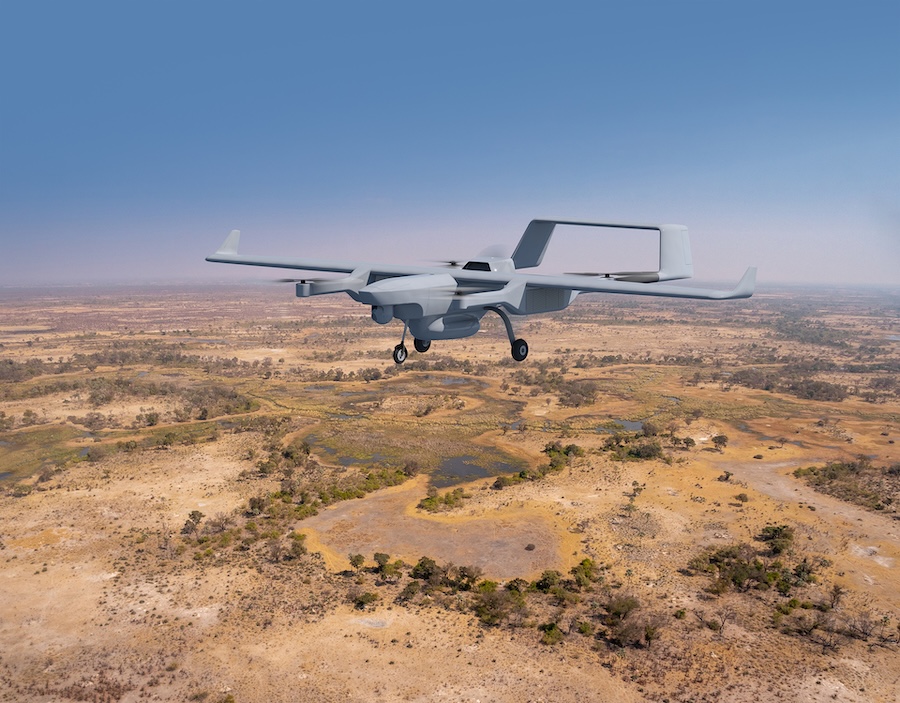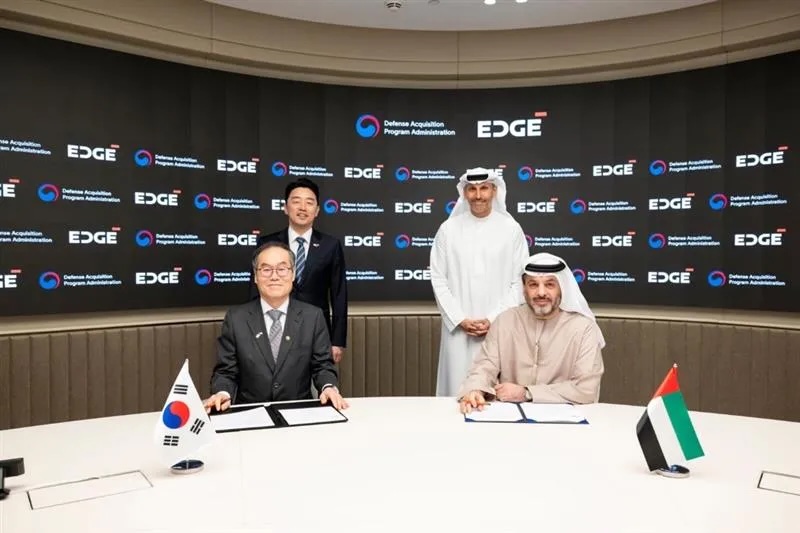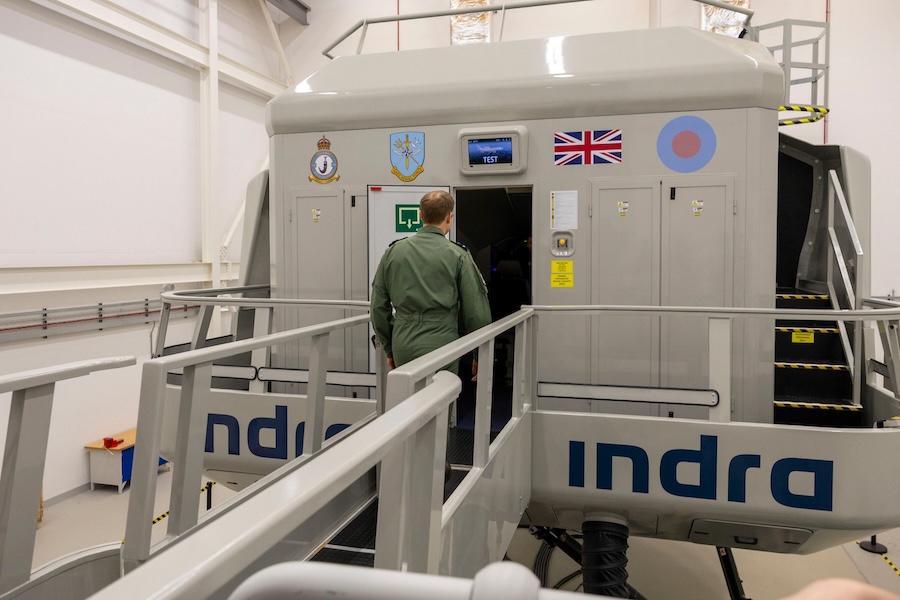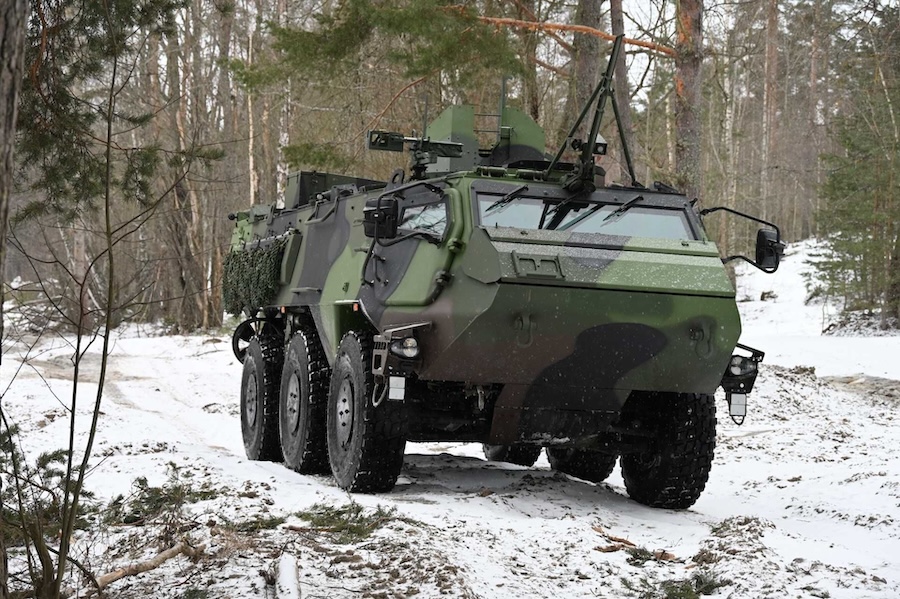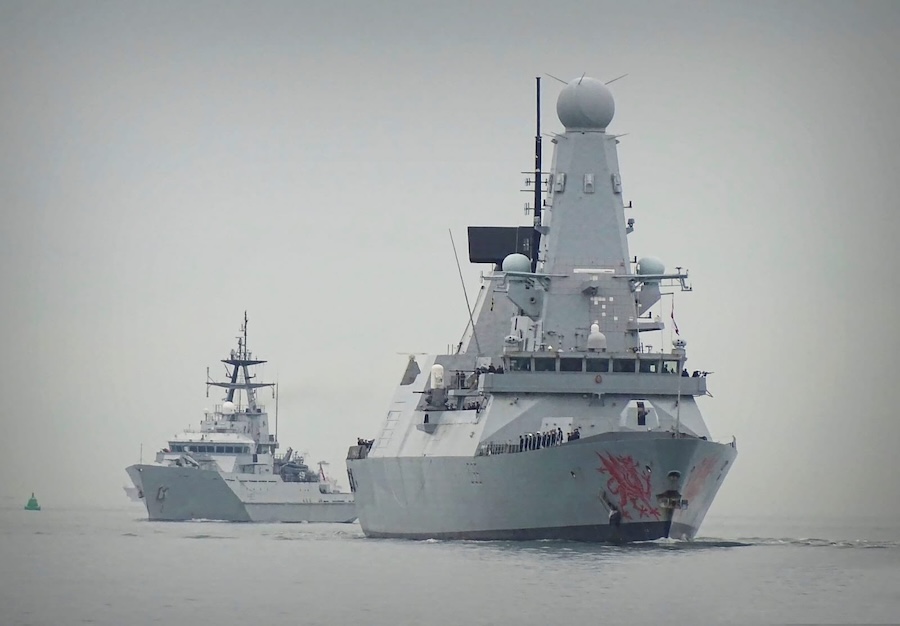Cross servicing allows aviation technicians from different nations to support and maintain each other’s aircraft. NATO stated that this bolsters interoperability and enables Air Forces to sustain operations from dispersed locations without national ground crews.
The procedure, known in Sweden as “Hot Refueling,” involves fuelling an aircraft while its engine continues running. This rapid method provides pilots with minimal delay before resuming their missions.
Swedish engineers also gained direct experience by refueling British Typhoon aircraft during the operation. According to NATO, such exchanges reinforce cooperation and enhance readiness among Allied nations.
Cross servicing is central to NATO’s Agile Combat Employment (ACE) concept, which focuses on deploying Airpower quickly and effectively from multiple sites. NATO explained that ACE “enhances resilience, complicates adversary targeting, and strengthens NATO’s ability to reinforce any Ally under threat.”
The collaboration between Swedish, British, and Polish personnel highlighted NATO’s commitment to integration and mutual support. NATO underlined that this cooperation demonstrates the strength of the Alliance’s collective defence and deterrence posture.


